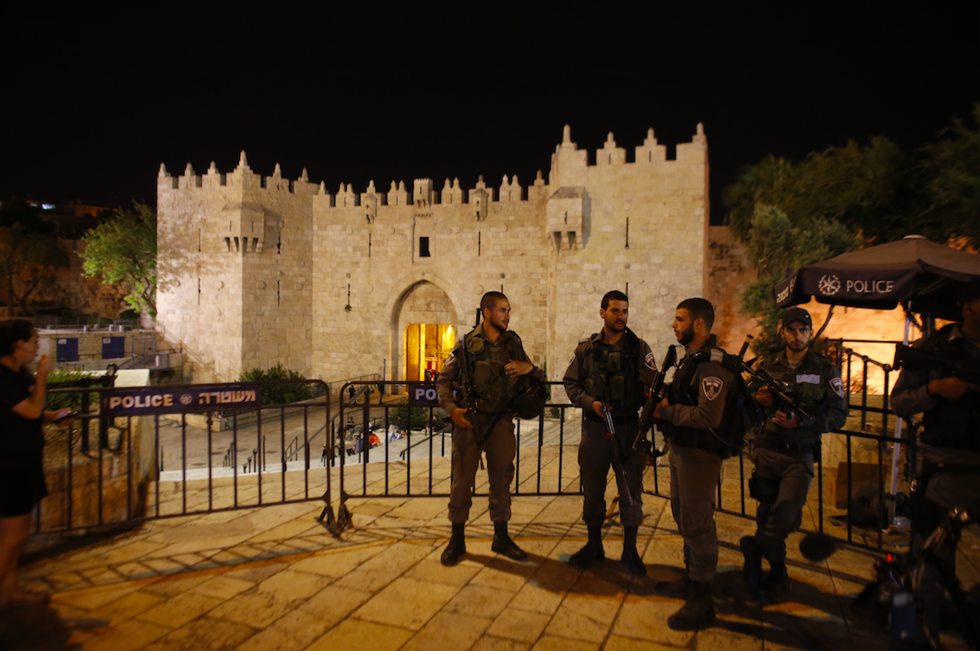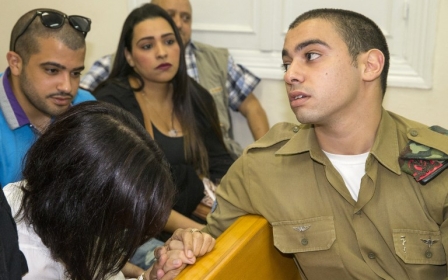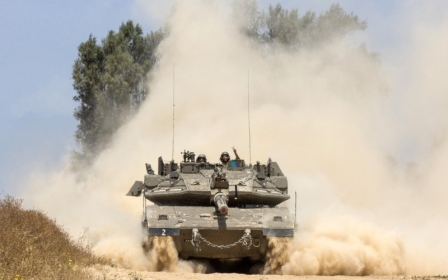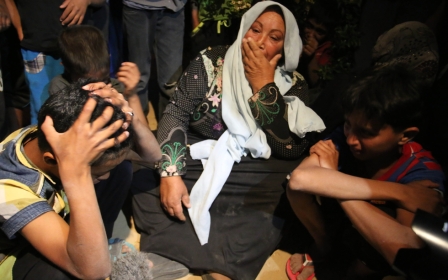Israel allows burial of first East Jerusalem Palestinian attacker

Israel on Monday allowed the first burial of a Palestinian attacker from East Jerusualem to take place, after a court ruling recommended authorities return the bodies of alleged assailants to their families.
The funeral took place in the Old City in the early hours under strict conditions imposed by Israeli authorities, a lawyer for the family, Mohammed Mahmoud, said.
Only 30 family members were allowed to attend and no mobile phones were permitted during the ceremony.
The family gave a deposit of 20,000 shekels ($5,200) to Israeli authorities as a guarantee the funeral conditions would be met, Mahmoud added.
Mohammed Nimr, a 37-year-old father of three, was shot dead after allegedly trying to stab security guards near the Damascus Gate entrance to the Old City on 10 November. Israeli authorities had held his body since the attack but the Israeli Supreme Court on Thursday recommended that all bodies of Palestinian attackers be returned.
Israel's policy on returning bodies has been divided. West Bank assailants are usually handed to their families for burial within a short time, while residents of East Jerusalem are held by authorities until a series of conditions are met.
Supporters of holding the bodies argue it acts as a deterrent and say funerals turn into celebrations of anti-Israeli violence, but critics say it fuels tensions.
After the burial, Israel still holds the bodies of 17 attackers - 11 from annexed East Jerusalem and the rest from the occupied West Bank.
The court encouraged "police to coordinate with the families and return the bodies of their sons before Ramadan," the holy Muslim fasting month that begins in early June.
A wave of violence since October last year has killed 204 Palestinians, mostly alleged attackers, and 28 Israelis, according to an AFP count.
Most of the Palestinians killed were carrying out knife, gun or car-ramming attacks, Israeli authorities say.
New MEE newsletter: Jerusalem Dispatch
Sign up to get the latest insights and analysis on Israel-Palestine, alongside Turkey Unpacked and other MEE newsletters
Middle East Eye delivers independent and unrivalled coverage and analysis of the Middle East, North Africa and beyond. To learn more about republishing this content and the associated fees, please fill out this form. More about MEE can be found here.




